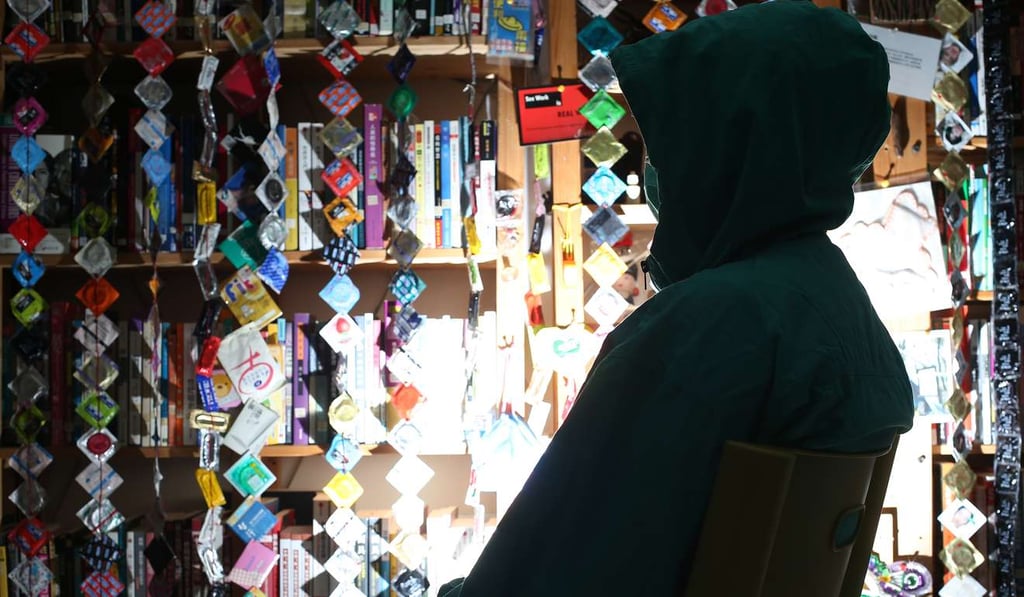‘I was forced to sell my body in a Hong Kong bar’: a Filipino’s experience of trafficking, prostitution
Jean, a single mother from the Philippines, had dreamed of the good life when she was offered a job in Hong Kong. Instead, like many others, she was forced into prostitution to service a never-ending ‘debt’

Hong Kong launches action plan on human trafficking but critics say more must be done
Jean never knew how long it would take to repay her debt. All she knew was that doing so was destroying her. To meet the never-ending demands of her “agent” she would sell her body up to three times a night to men she met at the same Hong Kong bar where, on paper, she was employed as a “domestic helper”.
On the better nights, she might earn HK$4,000 for her “mamasan” – the female pimp managing her and 12 other prostitutes at the same bar.
On the worse ones, that same mamasan would beat her or force her into taking hard drugs with her “johns” (clients) to keep them happy.
“Life was hell. I was just surviving,” recalled the Filipino. “Clients ask you to buy drugs like cocaine, ice, marijuana, anything the clients want. They make you take it with them. We could earn a lot of money from using drugs with clients.”
It was a far cry from the good life and pleasant job in a restaurant she had been promised when a recruiter visited her home town in Pampanga in 2014. Jean, a single mother of a 4-year-old girl with no family support network, took the job out of desperation.
